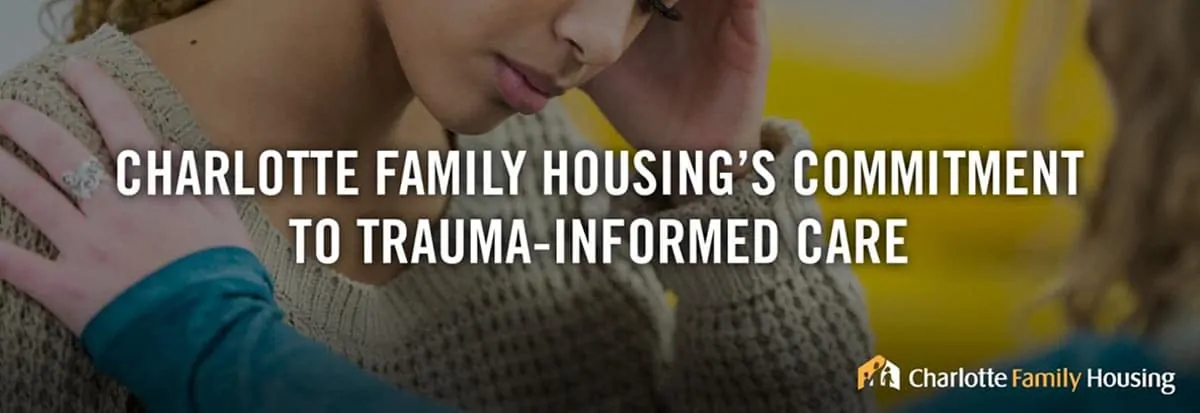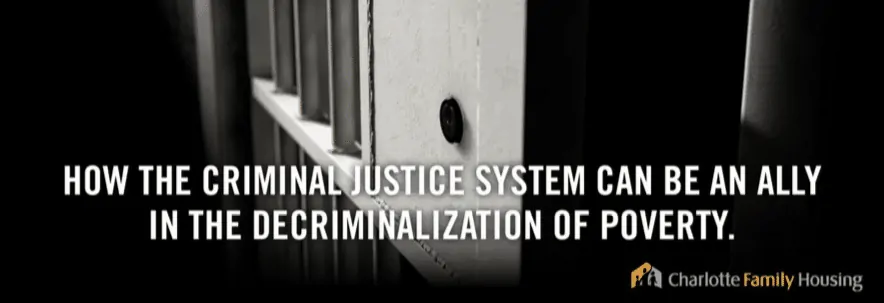A single mother of three daughters—ages 29, 27, and 15—Jugbeh’s quiet strength and warm spirit fill up a room. “I don’t think of myself as strong,” she admits with characteristic humility. “I think of myself as trying to do what I need to do as a mother.” After moving to Charlotte from Brooklyn in 1999, Jugbeh found herself navigating the …
Kenyatta’s Story: “I Felt Mighty When… I could pay my own bills by myself”
Kenyatta, a single mother of two, has called Charlotte home for nearly 13 years. As the self-described “mama bear” to her 16-year-old daughter and 23-year-old son, Kenyatta has created a tight-knit family unit built on connection and tough love. “We’re real close,” she shares with pride. Despite everyone’s busy work schedules – the entire family works together at a local …
Break the Silence
One crisp afternoon in October 1986, after working the overnight shift as a New York State Trooper, I awakened to my six-year-old daughter crying. Hugging her, I asked. “Baby, what’s wrong?” “Kids at school teased me about my name.” “What did they say?” I asked. Shaking, she explained, they said her name meant her back was wet. I knew immediately …
Can we end poverty and homelessness? Or is this a bridge too far?
During the summers of the early 1960s, Saturday mornings began the same way for me. I’d take my mother’s shopping car, leave our two-bedroom apartment in the Vladeck low-income housing project on the lower east side of Manhattan. I scavenged for return deposit bottles by going through every trash can I walked by. Sometimes, because I was hungry, I would …
Equity: The Courage to be Unfair
Before I accepted a position at Charlotte Family Housing and moved to Charlotte, North Carolina, I read Charlotte’s Leading on Opportunity report. I was immediately impressed by the earnest desire and unequivocal commitment of Charlotteans to change the city’s two and a half centuries of systemic discrimination and disenfranchisement of its citizens of color, starting with the Catawba Native Americans, …
Bootstraps – Economic Mobility Mythology and Injustice
It was a snowy afternoon in the winter of 1989; as I walked down one of the corridors leading to the classrooms and library of the New York State Police (NYSP) Academy, I approached the corner near the academy’s library a group of white state police officers talking about the ills of affirmative action. Before they noticed me, the captain, …
Charlotte Family Housing’s Fifth Annual Quail Hollow Cocktail Party Honoring Ben Hill
It may have been a cold and rainy night in the Queen City, but inside the beautiful Quail Hollow Country Club, hearts were warmed by the inspiring stories of countless lives touched by Charlotte Family Housing (CFH). Our Fifth Annual Quail Hollow Cocktail Party was unlike any other. Yes, the space was beautiful, adorned with gold and white linens and …
Charlotte Family Housing’s Commitment to Trauma-informed Care
Charlotte Family Housing (CFH) began the process to implement a trauma-informed care (TIC) model late 2013/early 2014. Since then, Charlotte Family Housing has made a number of changes to create a more trauma-informed environment. To promote a trauma-informed organization, CFH pursues activities that fall under the following categories: early screening and comprehensive assessment of trauma; consumer-driven care and services; trauma-informed, …
How the criminal justice system can be an ally in the decriminalization of poverty
The beginning of America’s criminalization of poverty This nation has criminalized poverty from the very start. In the 16th and 17th centuries, some 800,000 people crossed the Atlantic Ocean to occupy the English Eastern Seaboard of North America, many arriving in Jamestown, Virginia. Among the 800,000 people, 500,000 were Europeans [this number included 55,000 convicts and POWs with about 52,000 …
- Page 1 of 2
- 1
- 2




